At a co-working space in Boston, Lina, a 28-year-old programmer, squinted at a recruiting email. The offer came from an ambitious artificial intelligence (AI) startup that promised to “upset the industry.” Everything looked perfect, until the last line: “We operate a 996 model—six days a week, 9 a.m. to 9 p.m. This is not an option, it’s a requirement.”
A few years ago, "996" was just an unfamiliar term for Lina from international news reports about China's harsh work culture. Now, it is a career turning point, an "entrance ticket" to a new game in the world's technology center.
Once a symbol of balance, generous benefits, and snack-filled offices, Silicon Valley is quietly importing one of the most controversial work cultures on the planet. Amid the AI craze, the 72-hour work week is no longer just a social media meme, but a business strategy, a cutthroat rule that many leaders are secretly or openly adopting.
The revival of "plowing culture"
“996,” a term referring to the 9 a.m. to 9 p.m., six days a week work schedule that is so prevalent in China’s tech industry that in 2021, the Supreme People’s Court officially declared it an illegal labor practice.

The 996 work culture that originated in China is spreading to Silicon Valley (Photo: inews.zoombangla.com).
But ironically, what was banned by Chinese law is finding fertile ground for a revival in California. The phenomenon is no longer anecdotal. Adrian Kinnersley, a veteran human resources entrepreneur, estimates that the number of American startups openly requiring 996 compliance has doubled in the past year alone. Job descriptions are starting to appear that require 70-plus hours a week. Recruiters are being told to screen out candidates who can’t keep up with the pace in the first round.
The financial startup Ramp also offers indirect but powerful evidence: in the first half of this year, the rate of business credit card transactions in San Francisco on Saturdays was significantly higher than in previous years. A clear sign that the weekend is no longer a day of rest.
This shift didn’t happen by accident. It was sparked and normalized by industry icons. When Elon Musk slept at the Tesla factory to ensure production was on track, and then gave Twitter (now X) employees an ultimatum: “Work hard or quit,” he sent a powerful message. Extreme sacrifice for work was once again glorified.
So why has a controversial work culture survived and even thrived in the world’s tech hub? The answer has two parts: one is a catalyst from the present, the other is rooted in the past.
The biggest catalyst is the AI fever. The huge wave of investment in the field of artificial intelligence has created an unprecedentedly fierce competitive environment. The survival cycle of an AI startup has been shortened to the limit.

Instead of following the 996 pattern, many startups choose to draw up their own strategies (Photo: Unsplash).
“One step too late and the whole race can be swallowed up by the competition,” said an anonymous venture capital partner bluntly. In a winner-takes-all race, speed is no longer an advantage, it is a condition of survival. And to achieve speed, many founders believe there is no other way but to squeeze work time.
But 996 isn’t some strange creature that suddenly appeared out of nowhere. It’s just a hyper-charged version of a culture that’s already deeply rooted in Silicon Valley. “It looks like Californian liberalism on the outside, but it’s old-school workaholicism on the inside,” says Margaret O’Mara, a historian at the University of Washington. She points out that, as early as the 1960s, semiconductor companies had been building intense work environments with long hours to compete for market share.
Carolyn Chen, a sociologist at the University of California, Berkeley, goes further, arguing that dedication to work here has a quasi-religious quality. It has become part of Silicon Valley’s cultural DNA, reinforced by a “culture of heroic masculinity” where people are expected to work tirelessly to prove their worth.
The AI craze and investor pressure are simply reactivating this workaholic gene. “The Silicon Valley of 2020 and 2025 has a completely different set of priorities,” says O’Mara. The era of generous benefits and pandemic-era burnout talk is over. The era of hard tech has arrived, and working all hours is the new norm.
The Price of Ambition
While 996 was still hot, British venture capitalist Harry Stebbings added fuel to the fire when he declared that 996 might not be enough. "If you want to build a company worth $100 million, you can work five days a week. But if you aim for $10 billion, you have to work seven days a week," Stebbings said, introducing the concept of "007" - working seven days a week, 24/7.
The statement sparked a heated debate, with supporters calling it a “necessary price to pay” while opponents quipped that investors were “taking employees hostage over capital concerns.”
Beyond the cultural controversy, a more tangible risk looms: a legal time bomb. Many 996 startups are ignoring California’s labor laws—some of the most protective of workers in the US. “They’re so busy changing the world that they’re setting themselves up for future class action lawsuits,” warns Adrian Kinnersley, a career expert.
And the biggest cost is human. Research from the World Health Organization (WHO) and the International Labor Organization (ILO) shows that working more than 55 hours a week increases the risk of heart disease and depression by more than 30%. Furthermore, as O’Mara points out, this culture risks reinforcing monotony in an already undiversified industry, because it excludes people with family responsibilities or other concerns outside of work.
Amid the debates between CEOs and investors, voices from the online community offer a more realistic perspective.
A Reddit user shared an inspiring story: "I automated my online business, working only 6-8 hours/week but earning $1 million in profit by the age of 25. 10 years later, the company is still growing like a successful fundraising startup, without needing 7 days/week."

As 996 gradually became the norm, investors went further with 007 - a non-stop seven-day cycle, fueling debate about the price of ambition (Photo: Unsplash).
The talk of “working smart instead of working hard” has exploded. Many European entrepreneurs have also pointed out that giants like Spotify, SAP or ASML do not need a 996 culture to dominate the market. The key is a culture of sustainable innovation.
Many comments also exposed the so-called "overtime show": managers spend all day in useless meetings, "strategic" coffee sessions, then appear exhausted by 8 pm, while it is the frontline staff who have to stay behind to fix problems.
Silicon Valley’s 996 race has raised a core question for the future of the tech industry. Does innovation have to come at the expense of health and balance? Or is this just an extreme chapter in a cyclical upheaval for an industry obsessed with staying one step ahead?
As one netizen astutely concluded: "True progress is not a race against time, but a battle against laziness, inefficiency, and meaningless busyness. You don't need 72 hours a week to prove it."
Source: https://dantri.com.vn/kinh-doanh/996-van-hoa-lam-viec-khac-nghiet-lan-tu-trung-quoc-sang-thung-lung-silicon-20250928181215569.htm










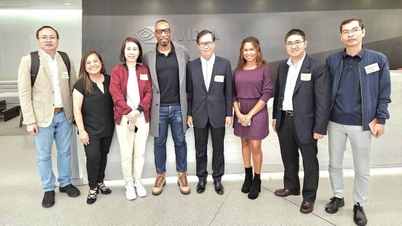








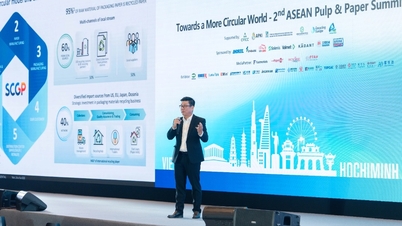
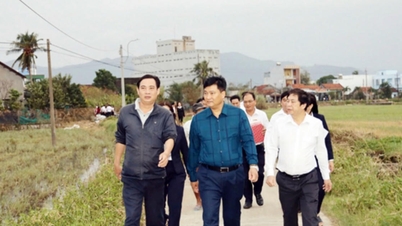

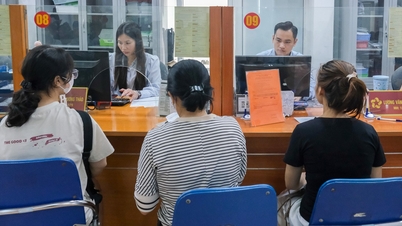









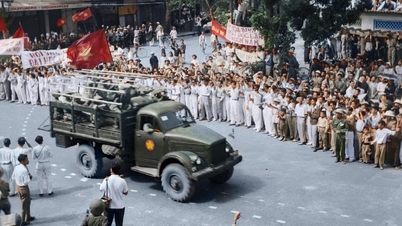




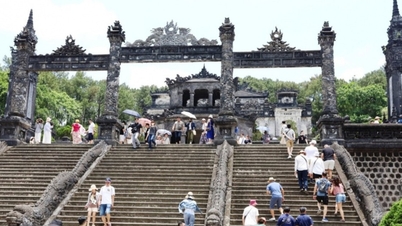

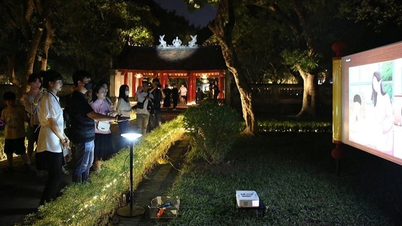








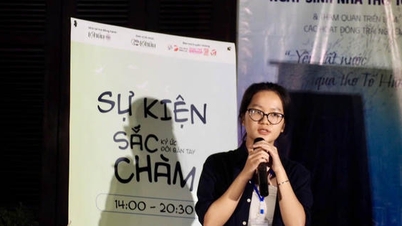


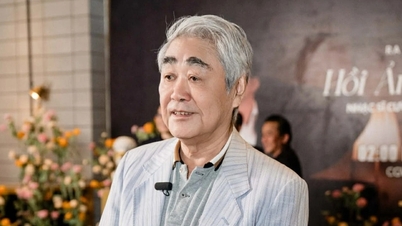
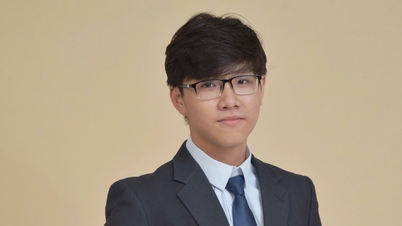




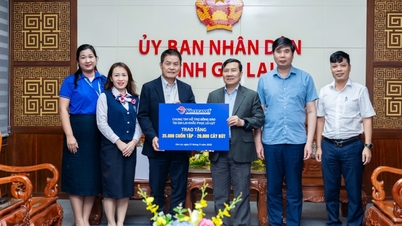

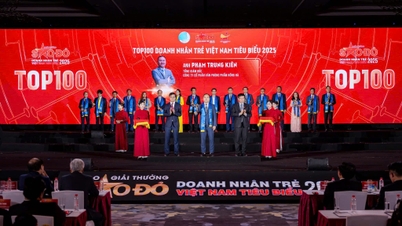
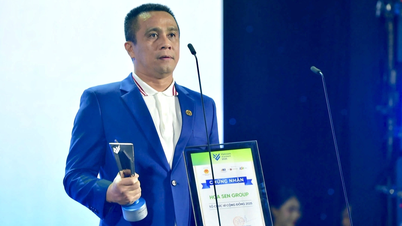












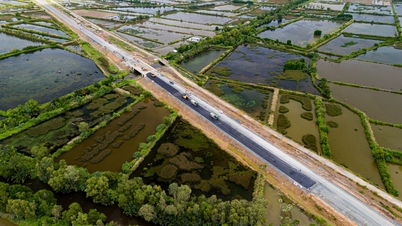
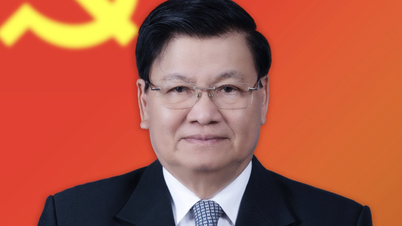


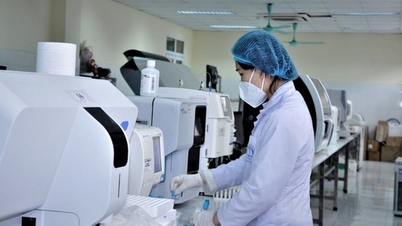



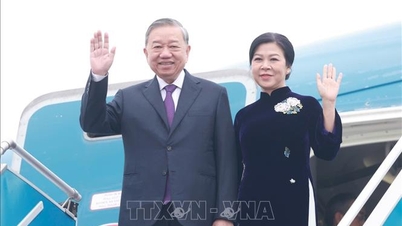



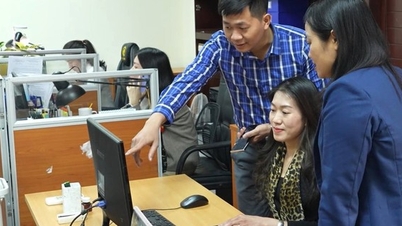



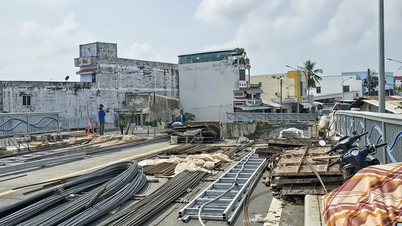


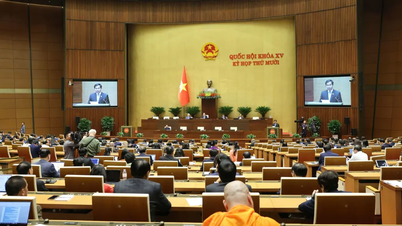

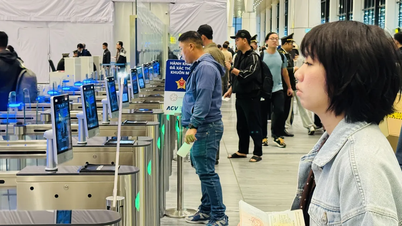













Comment (0)